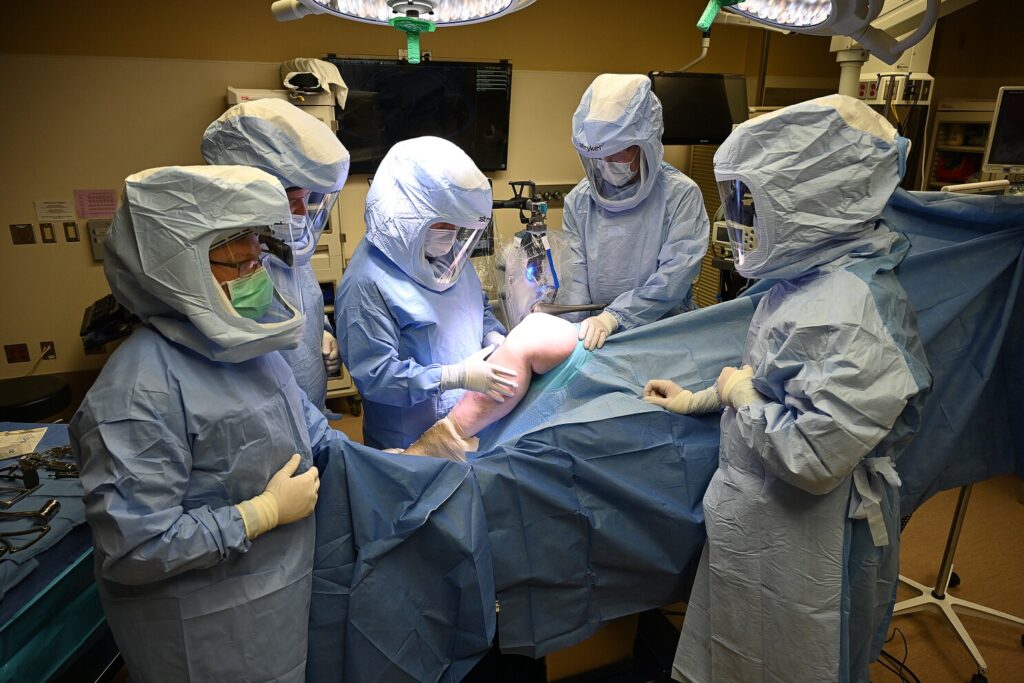Shoulder pain can be a debilitating condition, affecting daily activities and diminishing overall quality of life. Whether caused by an injury, inflammation, or overuse, addressing shoulder pain promptly and effectively is crucial for recovery. In this blog post, we’ll explore a often-overlooked aspect of the recovery process – the role of nutrition. Discover how specific nutrients can play a pivotal role in supporting shoulder pain recovery and improving overall joint health.
Understanding Shoulder Pain
Before delving into the nutritional aspect, let’s briefly understand the common causes of shoulder pain. Injuries, inflammation, and overuse are frequent culprits, emphasizing the need for proper treatment and rehabilitation. However, what many overlook is the significant impact that nutrition can have on the recovery process. A well-rounded approach that includes a focus on diet can enhance the body’s ability to heal and rebuild.
Key Nutrients for Shoulder Pain Recovery
Omega-3 Fatty Acids
Omega-3 fatty acids are renowned for their anti-inflammatory properties, making them a valuable addition to a diet aimed at reducing shoulder pain. Incorporating fatty fish like salmon or trout, flaxseeds, and walnuts into your meals can provide a natural source of these essential fatty acids.
Vitamin C
Vitamin C plays a crucial role in collagen synthesis, a key component of connective tissues in the shoulder. Including vitamin C-rich foods such as citrus fruits, strawberries, and bell peppers can aid in tissue repair and contribute to overall shoulder health.
Protein
Protein is essential for muscle repair and strength, making it indispensable in the recovery process. Lean meats, beans, and dairy products are excellent sources of protein that can support the rebuilding of muscles and tissues in the shoulder.
Antioxidants
Incorporating antioxidants into your diet can help combat oxidative stress and inflammation, common factors in shoulder pain. Berries, dark leafy greens, and nuts are rich in antioxidants, providing a tasty way to support your shoulder’s recovery.
Sample Meal Plan for Shoulder Pain Recovery
Here’s a sample meal plan to help you incorporate these key nutrients into your daily diet:
- Breakfast: Start your day with an omega-3 rich smoothie by blending berries and flaxseeds.
- Lunch: Opt for grilled salmon with a side of vitamin C-packed spinach salad.
- Snack: Enjoy a protein-rich Greek yogurt topped with walnuts and honey.
- Dinner: Choose grilled chicken breast paired with quinoa and a variety of roasted vegetables.
- Snack: Sliced bell peppers with hummus provide a hydrating and antioxidant-rich evening snack.
Hydration and Its Impact on Recovery
In addition to a nutrient-rich diet, staying hydrated is crucial for joint health and tissue repair. Adequate water intake aids in the lubrication of joints and facilitates nutrient transport to affected areas. Consider incorporating herbal teas and electrolyte-rich drinks to diversify your hydration sources.
Takeaway
Understanding the vital role of nutrition in shoulder pain recovery can significantly enhance your rehabilitation journey. By incorporating omega-3 fatty acids, vitamin C, protein, and antioxidants into your diet, you provide your body with the essential building blocks for healing. Remember, proper hydration is equally important. Consult with healthcare professionals for personalized advice and take a proactive approach to support your shoulder pain recovery through nutrition.
Invest in your well-being with physiotherapy for shoulder pain. It offers a safe, effective, and personalized approach to regaining strength, mobility, and freedom.











